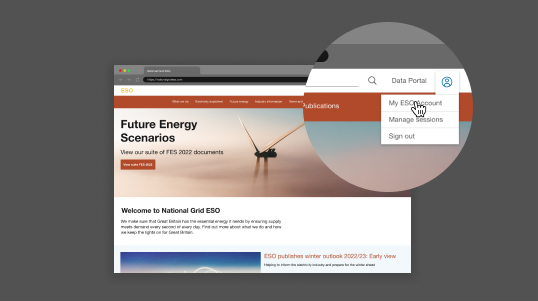
National Grid ESO annual innovation report published
31 Jul 2019 - 2 minute read
National Grid Electricity System Operator (ESO) has released its latest NIA (Network Innovation Allowance) Annual Summary following collaboration with 34 partners on innovation projects last year (2018/19).
The NIA supports innovation by electricity and gas network licensees to research and develop novel solutions to emerging problems that will ultimately benefit all energy consumers.
The report offers a progress update on all the innovation projects completed or being undertaken by the ESO over the last 12 months, as it pursues zero-carbon operability of the system by 2025.*
It outlines the work of the System Operator (SO) Innovation team, who set the innovation priorities and work with the wider business and external parties to plan, fund and govern a portfolio of projects, including:
Distributed ReStart, an ambitious project to investigate the possibility of using distributed energy resources to provide a safe and effective Black Start service in the UK, to restore electricity supply to both the distribution networks and the transmission system. This could see a 0.81Mt reduction in Co2 by 2050 and at least £115m saved through competition and reduced costs of large generators.
Frequency Response Auction Trial – a fairer, faster system for procuring frequency response services to maintain system stability while driving down consumer bills. An annual £320k could be saved by introducing more competition to this market.
Enhancing Energy Flexibility from Wastewater Catchments. In an industry first, the ESO has teamed up with the water sector to see if megawatts of extra flexibility can be unlocked by holistically controlling wastewater systems. In the event of a successful outcome and GB wide rollout, potential savings to industry and consumers could be £11M- £17M annually.
Kayte O’Neill, SO (System Operator) Director of Strategy and Regulation, said: “The UK’s zero-carbon target is world leading and our approach to energy will determine whether or not we can realise our ambitions. It’s vital we explore new technologies and approaches because innovation is key to a safe, reliable, low-carbon future, that offers even greater consumer benefit.”
Read the full report here.
